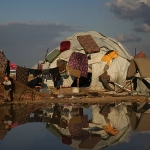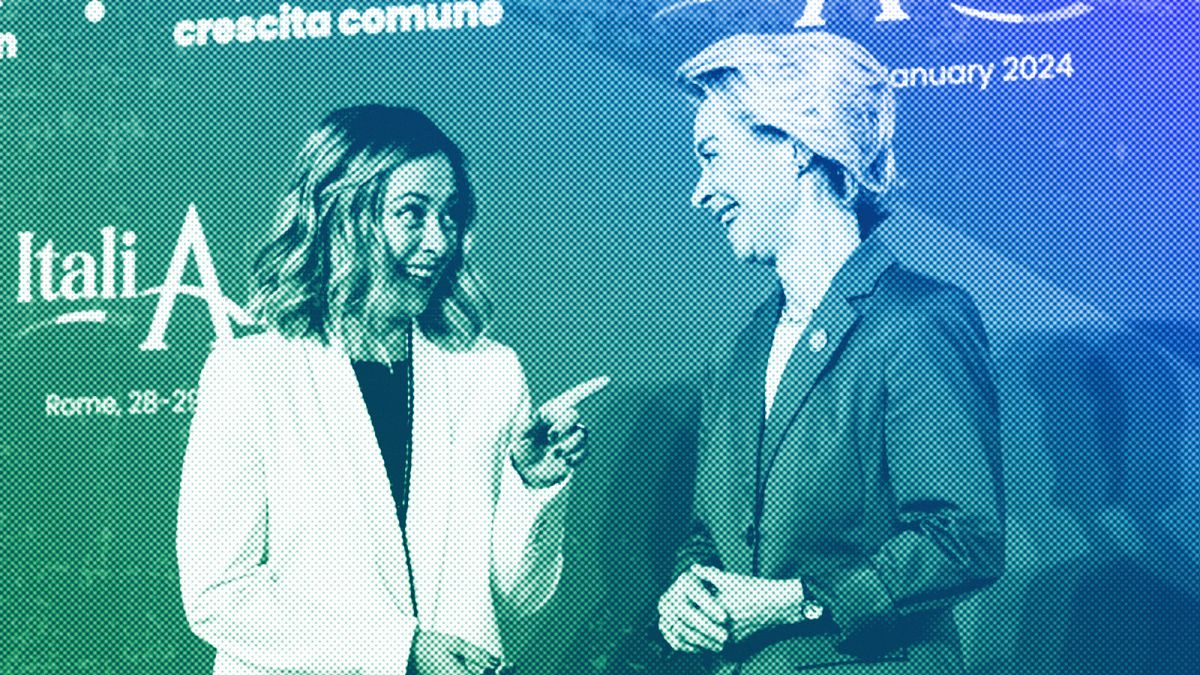In recent events, European Commission President Ursula von der Leyen has found herself under scrutiny due to controversial appointments, diminishing influence within the EU and her party, and discord with key figures. Despite these challenges, she appears to be rebranding herself ahead of the upcoming MEP vote, aligning with far-right groups and potentially forming coalitions that could shift European policymaking towards xenophobia and anti-democratic values.
Von der Leyen’s unconventional rebranding as “Ursula 2024” and her hints at a potential coalition with far-right groups have raised concerns about the direction of European politics. By aligning with figures like Italian PM Giorgia Meloni, who has ties to authoritarian leaders like Hungary’s Viktor Orbán, von der Leyen seems willing to compromise her principles for political survival. This shift towards the far-right within European politics is alarming to many observers.
The potential coalition between the EPP and ECR, along with other far-right groups in the EU Parliament, signals a troubling normalization of far-right ideologies within the European political landscape. This shift comes at a time when concerns about authoritarian tendencies and ties to Russia are on the rise. Von der Leyen’s willingness to collaborate with these factions raises questions about her commitment to democratic principles and European values.
Critics argue that von der Leyen’s embrace of far-right figures could have serious consequences for European policymaking, including a focus on xenophobia, anti-LGBTQ rhetoric, and a revival of neo-Fascist ideologies. By aligning with groups that advocate for the erosion of democracy, von der Leyen risks alienating her traditional supporters and compromising the integrity of European institutions. The potential fallout from these alliances remains uncertain.
The author, Georgios Samaras, highlights the risks involved in von der Leyen’s strategic decisions and the potential impact on European politics. The article raises important questions about the future of democracy in Europe, as leaders like von der Leyen navigate complex political landscapes and form alliances that may have long-lasting consequences. The views expressed in the article encourage further discussion and debate on the evolving dynamics of European politics.











